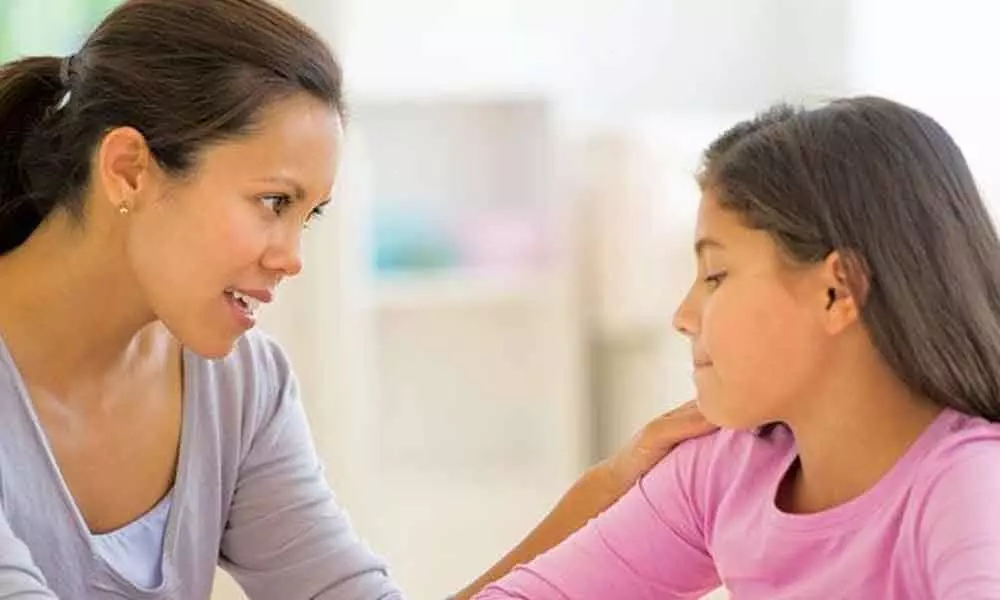Teach your kid to choose the right way

If your child has frequent disagreements with a friend or sibling, consider practicing some of these techniques at a neutral time when the child is not upset and is not in conflict.
If your child has frequent disagreements with a friend or sibling, consider practicing some of these techniques at a neutral time when the child is not upset and is not in conflict.
Teach empathy and understanding
Often, children who argue are so caught up in being right, they forget to think about how the other person may be feeling.
Help your child understand that a friend may be upset because she feels jealous, sad, or lonely about something, and work on identifying times when your child has felt the same way.
This can help your child step back from being "right" and remember to be caring.
Ask questions to identify triggers
Ask your kids to take some time to notice when certain conflicts arise so you can help them narrow down potential physical (fatigue, hunger, etc.) or emotional (envy, loneliness, etc.) triggers.
Tell you kids to discuss the issues at a separate time, not in the heat of the moment. They can ask questions calmly like, "You seem angry. Did I do something to upset you today?" or "Is this really about the lost sweater or because I invited Sara over to play?"
Straightforward questions can help defuse anger by giving the other friend a chance to explain herself and help your child figure out the root cause of the disagreement.
Apologise and admit mistakes
It's not easy (even for adults!), but helping your child learn to admit when he is wrong can take away the fuel that feeds many arguments.
Role-playing apologies can be helpful here, but what's more important is to practice what you preach. Young children are sponges who automatically soak up what the adults are doing and adopt it out.
So don't teach constructive conflict-resolution skills to children and then turn around and scream at them or your spouse. That doesn't work.
Adults should take responsibility for their own behavior. Let your child see moments when you admit you're wrong and try to make amends.
Practice ways to compromise
Help your child understand what compromise is (when a common agreement or solution is reached) and why it's a valuable tool to use in any relationship.
First, tell your child to keep calm and "try not to overreact". No one wants to compromise when she feels threatened, yelled at, or disrespected.














